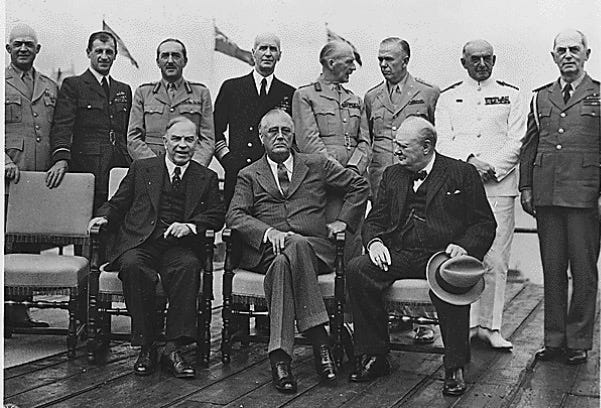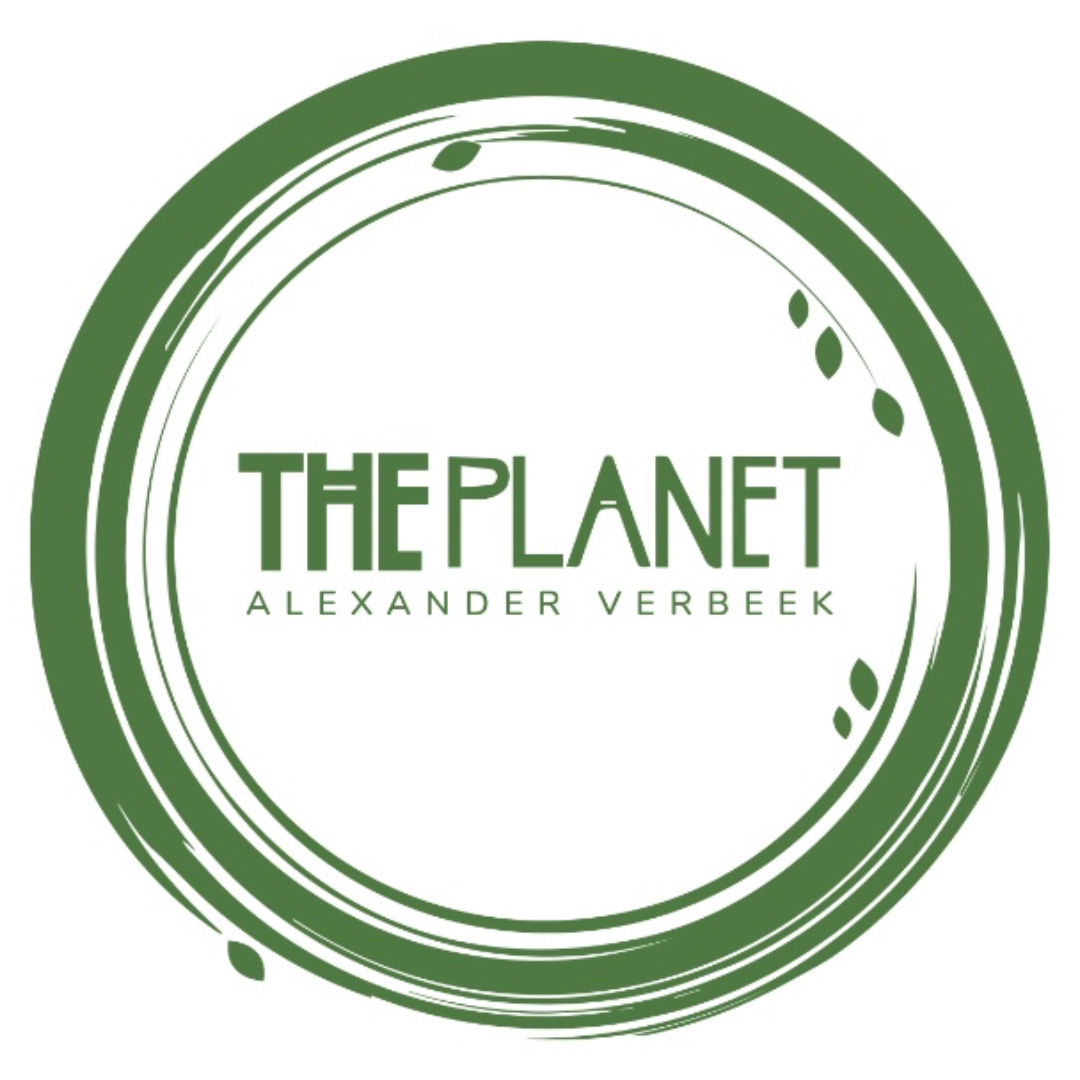When democracies stop predicting their future and start creating it
It takes a day of infamy for democracies to put all their political, economic, and organizational might together to defend themselves.

Russia is waging a brutal war in Ukraine, forcing more than three million people to leave their country. In addition, the pandemic is still raging across the planet, leaving behind a known death toll that has surpassed six million. And the IPCC recently warned about simultaneously occurring weather extremes, causing cascading impacts that have exposed millions of people to acute food and water insecurity.
If you fear for the future, you are not alone. The current challenges are so complicated that we forget about the long-term challenges, but as I wrote before: the long-term challenges of the past have now become urgent challenges.
Democracies need time to reach a consensus
A pile of momentous and complex crises that are all interrelated forms a challenge for leaders in democracies that can no longer wait. But our democratic processes usually take time to work towards a consensus. Our leaders have often been rewarded in their careers by simply not taking any sides, breaking with established practice, or by taking risks.
Dictators and terrorists alike have in the past made use of this weakness in democracies. And since they often thrive on ever-expanding their actions to a grandiose scale, they take the lack of adequate response to their misbehavior as an encouragement to go a step further. History is full of examples. Take Hitler's remilitarization of the Rhineland in 1936. It was followed by the annexation of Austria, the seizure of the Sudetenland and then the rest of Czechoslovakia, and then Poland's invasion in 1939. Or take Al-Qaeda's East African bombings in 1998, the attack on the USS Cole in 2000, followed by the 9/11 attacks in 2001.
It takes a Day of Infamy
But for all democracy's flaws, there is a watershed point where the leaders of democracies realize that the old recipes are no longer applicable. Instead, a radically different and united approach is needed to deal with a problem that has expanded beyond acceptable limits. It takes a day of infamy for democracies to put all their political, economic, and organizational might together to defend themselves. As a result, previously unthinkable alliances, technological innovation, and drastic societal changes become suddenly possible, and a new chapter in the history of the world opens.
I'm not claiming there is beauty in these chapters; the responses include the record-time development of nuclear weapons and horrible chapters of warfare in many countries. But it's these watershed moments, where democracies stop predicting their future and start creating it, that protect free societies when they are under siege.
You may recognize a bit of Abraham Lincoln's famous quote here. I'm aware that no source has ever been found to prove that he ever said this; however, I'm pretty sure he would have approved it in this context. After all, the same man said that there is nothing good in war except its ending. And that is what western democracies are now resolved to achieve.
Sanctions
The West has imposed a wide range of sanctions in an impressive display of unity, devastatingly impacting Russia's economy and society. Western leaders' latest move is to further isolate Russia by stripping the country of normal trade relations. Denying Russia the benefits of its Word Trade Organization membership will ensure that Russian imports do not receive the most favored nation treatment. This allows countries to impose higher tariffs on Russian goods. It also prevents Russia from borrowing funds from the International Monetary Fund, the World Bank, or other multilateral institutions. As a result, Russia is now the most sanctioned country in the world.
I fear for what the future will bring, and you may not be the only one sharing my fear. Mr. Putin had likely expected to get away with this unprovoked invasion of an independent democratic country. But he forgot the lessons of 1 September 1939, 7 December 1941, and 9/11 2001; there is a point where democracies close ranks and respond.
What gives hope
I also fear for the future because I don't know what the future will bring, while I see multiple crises develop that will impact each other. So let's hope for the people of Ukraine that this one ends soon. And let's hope for all of us on this planet that the united resolve against a common threat will inspire similar effective cooperation to deal with other global threats, like climate change, biodiversity loss, pollution, as well as all priorities listed as the 17 Sustainable Development Goals. And these include partnerships to achieve these goals as well as peace. When democracies unite behind common goals, we have more hope and should fear the future less.
I write these newsletters, share my photos, do interviews, make podcasts about the environment, and share my travels because I believe that together we can do better on this beautiful but fragile planet.
If you are a paying subscriber: thank you for your support!
Please consider supporting this initiative by taking a paid subscription if you are not.
If the cost of this newsletter ($6/month, $60/year) would create any financial strain, please stay on the free list; I value all readers.
Notes:
Photo:
Seated: W.L.M. King (Canadian Prime Minister), F.D. Roosevelt (American President), W. Churchill (British Prime Minister).
Standing: General Arnold, Air Chief Marshal Portal, General Brooke, Admiral King, Field Marshal Dill, General Marshall, Admiral Pound, and Admiral Leahy.
Date: 18 August 1943
Unknown author, U.S. Army Signal Corps, Public domain, via Wikimedia Commons




"When democracies unite behind common goals, we have more hope and should fear the future less." Thank you—this helps me to sleep a bit easier tonight.
Thank you. Your words reflect how a lot of us are getting. Thank you for always taking time to share.